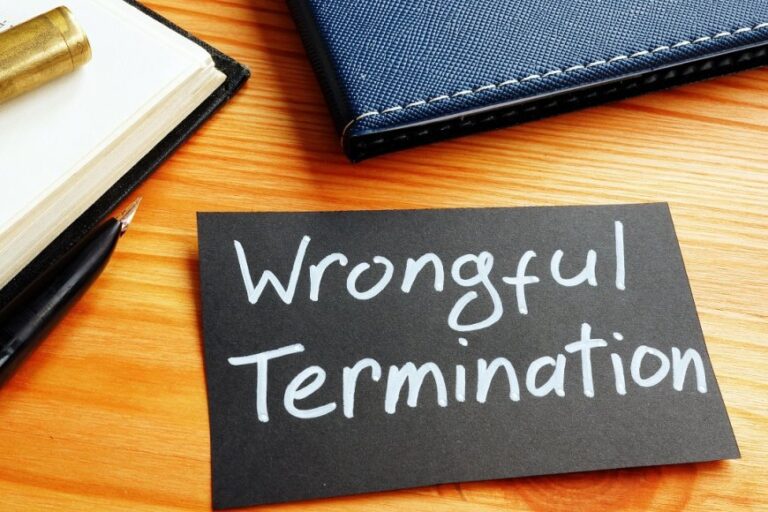In the realm of employment law, wrongful termination and discrimination are critical issues that can significantly impact individuals’ lives and careers. Employers have a legal obligation to adhere to specific regulations to ensure fair treatment of their employees. This article explores the nuances of wrongful termination and discrimination laws in Los Angeles, focusing on what individuals need to know when facing these challenges.
Wrongful Termination: Unpacking the Basics
Wrongful termination occurs when an employee is dismissed from their job in a manner that violates the law or breaches the terms of their employment contract. In Los Angeles, as in many jurisdictions across the United States, employment is generally considered “at-will,” meaning that employers can terminate employees for any reason that is not illegal. However, there are exceptions to this rule.
Understanding At-Will Employment
At-will employment means that an employer can terminate an employee for any reason, as long as it is not unlawful. Conversely, an employee may also resign from their position at any time, for any reason. This arrangement provides flexibility for both parties but does not absolve employers from legal responsibilities regarding fair treatment and non-discrimination.
Illegal Reasons for Termination
Despite the at-will employment doctrine, there are specific illegal reasons for termination that can lead to a wrongful termination claim. These include:
- Discrimination: Termination based on race, gender, age, religion, disability, or other protected characteristics.
- Retaliation: Dismissal in retaliation for whistleblowing, filing a complaint about workplace conditions, or participating in an investigation.
- Breach of Contract: When an employee is terminated in violation of an employment contract, including implied contracts or agreements regarding termination procedures.
Discrimination in the Workplace
Discrimination in the workplace refers to unfair or unequal treatment of employees based on certain characteristics protected by law. In Los Angeles, these characteristics are outlined in federal, state, and local laws. Discrimination can manifest in various forms, including:
- Hiring and Firing: Biased decisions regarding who to hire or terminate based on protected characteristics.
- Harassment: Creating a hostile work environment through unwelcome conduct related to protected characteristics.
- Unequal Pay: Pay discrepancies based on protected characteristics such as gender or race.
Legal Protections Against Discrimination
Employees in Los Angeles are protected by several laws designed to prevent discrimination in the workplace. These include:
- Title VII of the Civil Rights Act: Prohibits discrimination based on race, color, religion, sex, or national origin.
- California Fair Employment and Housing Act (FEHA): Provides broader protections than federal law, covering additional characteristics such as sexual orientation, gender identity, and medical conditions.
- Age Discrimination in Employment Act (ADEA): Protects individuals over the age of 40 from discrimination based on age.
- Americans with Disabilities Act (ADA): Prohibits discrimination against qualified individuals with disabilities in all aspects of employment.
Steps to Take if You Suspect Wrongful Termination or Discrimination
If you believe you have been wrongfully terminated or discriminated against in Los Angeles, it’s essential to take certain steps to protect your rights:
- Document Everything: Keep records of any relevant communications, performance evaluations, and incidents related to your termination or discrimination.
- Consult with an Attorney: Seek legal advice from an experienced wrongful termination lawyer who specializes in employment and discrimination cases.
- File a Complaint: Depending on the circumstances, you may need to file a complaint with the Equal Employment Opportunity Commission (EEOC) or the California Department of Fair Employment and Housing (DFEH).
- Explore Legal Options: Your attorney can help you explore potential legal avenues, including negotiating a settlement, filing a lawsuit, or pursuing alternative dispute resolution methods.
Conclusion
Navigating wrongful termination and discrimination issues in Los Angeles requires a clear understanding of both federal and state laws. Employees should be aware of their rights and take proactive steps to address any unfair treatment in the workplace. By staying informed and seeking legal guidance when needed, individuals can protect themselves and seek justice in cases of wrongful termination and discrimination. Understanding these laws is crucial for maintaining fairness and equality in the workplace environment.


